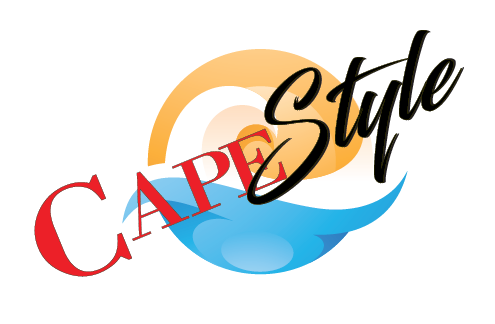I’m Buying Florida Property. What are My Protections? Part I
State Laws, the Realtor Association Code of Ethics, and Cultural Norms will all affect your purchase process, and how to best protect yourself.

What are My Required Addendums in the Contract?
Florida Realtors often use the “As-Is” Purchase Contract. This, basically, means that what you see is what you get.
However, even when this contract is used, state and federal guidelines dictate that a valid purchase contract must include the following protective addendums:
- Lead-based paint, if the property was built prior to 1978.
This is a 10-day inspection and rescission period. The rescission period is waivable. However, the addendum is required.
- HOA’s. The budgetary documents, and private rules must be provided.
This is a 3-day rescission period.
- Condominiums and Cooperatives. The budgetary documents, and private rules must be provided.
This is a 15-day rescission period for new construction, and a 3-day rescission period for resales.
- Time Shares. Any private rules or restrictions must be provided.
This is a 10-day rescission period.
- FHA or VA-financed purchases.
This time period depends upon the language in the contract, and is to ensure the buyer can qualify for the government-backed loan at a particular interest rate.
To be clear: All of these are specific documents, and all are required under either state or federal law. Their use cannot be waived by any consumer or professional.
What if the Required Addendums are Not Used?

Over the years, I’ve both seen and heard of instances of the buyer not being provided their required rights. In these instances, usually the addendum is either written, then the buyer’s rights ignored (for example, not all HOA documents were provided), or the addendum is not used at all. If this occurs, the entire contract is generally voidable. This means that the buyer can simply proclaim that it is not a contract, and refuse to purchase.
If earnest (or other) money has already been given, there are a few options:
- Buy it anyway, after the protective period expires
- Request the Title company fail to uphold the contract, and return your earnest money
- File a complaint at the local Association of Realtors office rpcra.org
- File a complaint with the state www.myfloridalicense.com/entercomplaint.asp?SID
- Contact an attorney
- Use a different contingency (such as home inspection) to escape the purchase, and get your money back
What are My Other Protections in the Contract?

The home inspection contingency is a very broad protection under most contracts. And it often lasts the longest. HOA rules are provided to the buyer, then either accepted or denied within a few days; a mortgage interest rate is often locked at a specific number within a few days. However, the home inspection protection often lasts 15 days.
Who will do the inspection? Yourself? Your handyman-friend? A licensed inspector?
It’s up to your discretion. However, it is common to use a licensed home inspector recommended by your agent.
What Then?

Well… If you decide you don’t want to buy it – and you’re within your 15 days – there’s a good chance that your desire to escape the agreement can simply be because you “don’t like the result” of your inspection. While the result is objective, your disinterest in accepting that result is entirely up to you. You could point at nearly any less-than-perfect result of the inspection as an unacceptable problem. Then you could back out of the deal, and get your money back.
The home inspection contingency is optional. However, in Florida – even if it’s new construction – you really are doing yourself a disservice if you do not have a home inspection contingency.
Check back next month for Part II.



